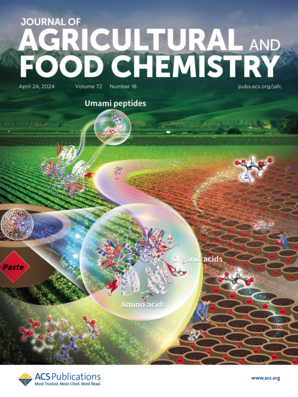4-Methylumbelliferone Inhibits Angiogenesis in Vitro and in Vivo
Abstract
4-Methylumbelliferone (4-MU) is a hyaluronic acid biosynthesis inhibitor with antitumoral and antimetastatic effects. The objective of the present study was to determine the potential of 4-MU as an antiangiogenic compound. To fulfill this aim, cultured endothelial cells were used to perform an array of in vitro assays, as well as two different in vivo angiogenesis assays. This study demonstrates that, in fact, 4-MU behaves as a new inhibitor of both in vitro and in vivo angiogenesis. In vitro, 4-MU affects several key steps of angiogenesis, including endothelial cell proliferation, adhesion, tube formation, and extracellular matrix remodeling. Half-maximal inhibitory concentrations (IC50) values in the proliferation assay were 0.65 ± 0.04 and 0.37 ± 0.03 mM for HMEC and RF-24 endothelial cells, respectively. 4-MU (2 mM) treatment for 24 h induced apoptosis in 13% of HMEC and 5% of RF-24 cells. The number of adherent endothelial cells decreased by >20% after 24 h of treatment with 1 mM 4-MU. Minimal inhibitory concentrations in the tube formation assay were 2 and 0.5 mM 4-MU for HMEC and RF-24, respectively. Matrix metalloproteinase-2 expression was differentially altered upon 4-MU treatment in both tested endothelial cell lines. Taken together, the results suggest that 4-MU may have potential as a new candidate multitargeted bioactive compound for antiangiogenic therapy.





